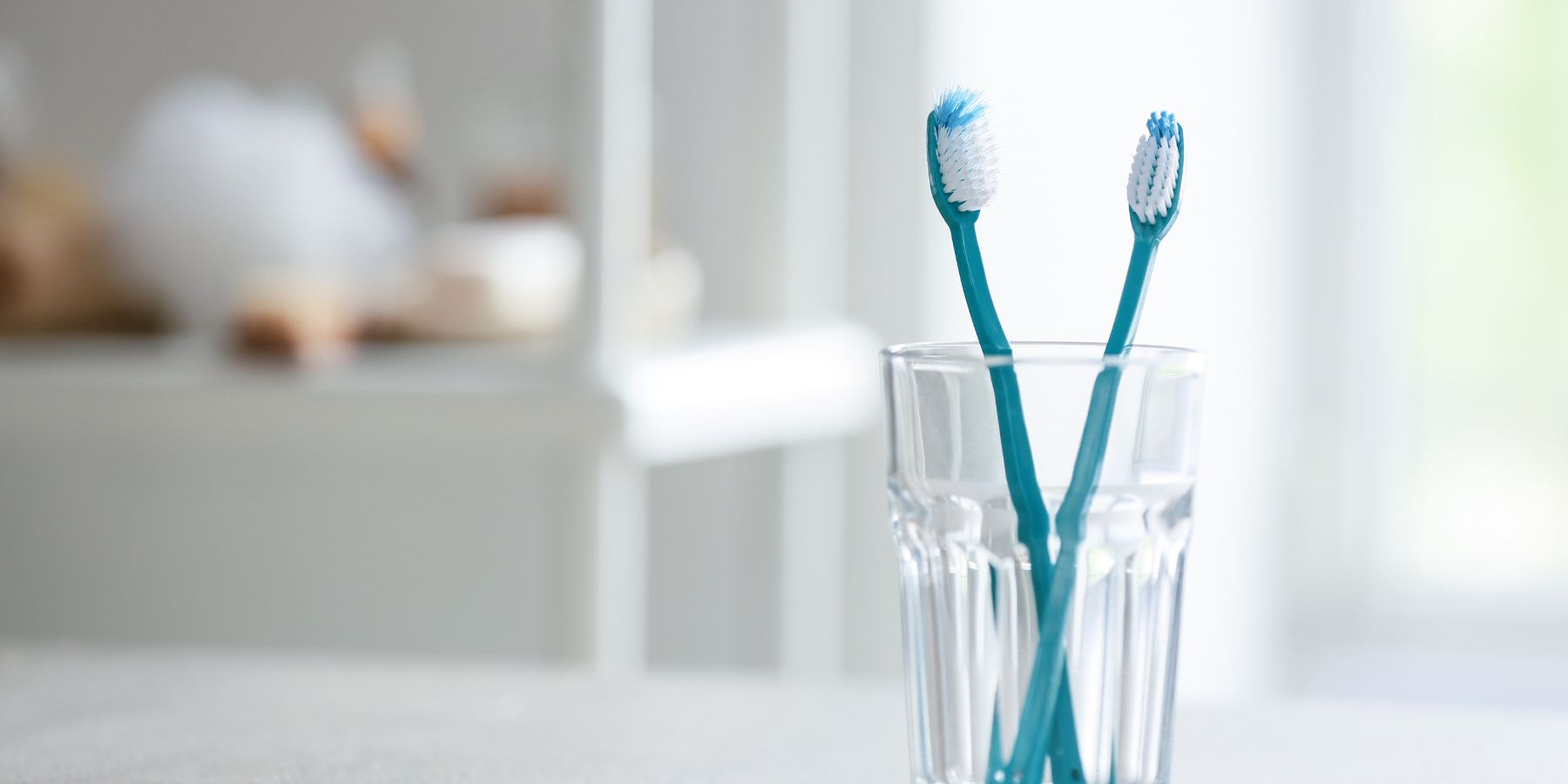This question is a common concern for many people after recovering from an illness. There are various opinions and recommendations regarding whether or not to throw away your toothbrush after being sick. Let’s explore this topic, including best practices for toothbrush care and storage, such as how to store your toothbrush.
Understanding Bacteria on Toothbrushes
Your toothbrush is exposed to bacteria from your mouth, which is a natural habitat for microbes. When you’re sick, the bacteria or viruses that caused your illness can transfer to your toothbrush.
The Argument for Replacing Your Toothbrush
Some people believe that replacing your toothbrush after an illness is necessary to prevent re-infection. The concern is that harmful pathogens could linger on the bristles and potentially lead to re-infection.
What Research Says
However, research has shown that the risk of re-infection from a toothbrush is relatively low. Our immune systems typically develop antibodies to fight off the specific illness we've just recovered from, reducing the chance of getting sick again from the same virus or bacteria.
The Case Against Replacement
Many experts argue that it’s unnecessary to replace your toothbrush after a minor illness like a cold. This is because your body’s immune system has already fought off the infection, and the chances of re-infection from your toothbrush are low.
When Replacement Might Be a Good Idea
In some cases, such as after a bacterial infection like strep throat, some health professionals recommend replacing your toothbrush to eliminate any risk of re-infection.
Best Practices for Toothbrush Hygiene
Regardless of whether you decide to replace your toothbrush, practicing good toothbrush hygiene is crucial:
Rinse Thoroughly: Always rinse your toothbrush thoroughly with tap water after use to remove toothpaste and debris.
Let it Dry: Store your toothbrush in an upright position and allow it to air-dry. Moist environments can promote bacterial growth.
How to Store Toothbrush: Keep your toothbrush in an open area with good air circulation. Avoid toothbrush holders that keep the bristles enclosed.
Don’t Share: Never share your toothbrush with others, as this can spread bacteria and viruses.
Regular Replacement: Replace your toothbrush every 3-4 months, or sooner if the bristles become frayed.
Other Considerations
Disinfecting Toothbrushes: Some people opt to disinfect their toothbrushes after being sick. You can soak the toothbrush in antibacterial mouthwash or a diluted bleach solution (1 part bleach to 10 parts water) for 1 minute.
Avoiding Contamination: Keep your toothbrush away from others to prevent cross-contamination.
Conclusion
The decision to throw away your toothbrush after being sick depends on personal preference and the nature of your illness. While the risk of re-infection is generally low, replacing your toothbrush can be a precautionary measure for certain illnesses. Regardless, maintaining good toothbrush hygiene, including knowing how to store toothbrush properly, is key to oral health.
In summary, while it's not always necessary to replace your toothbrush after being sick, doing so can be a cautious approach, especially after bacterial infections. Maintaining good toothbrush hygiene is essential for your oral health.


